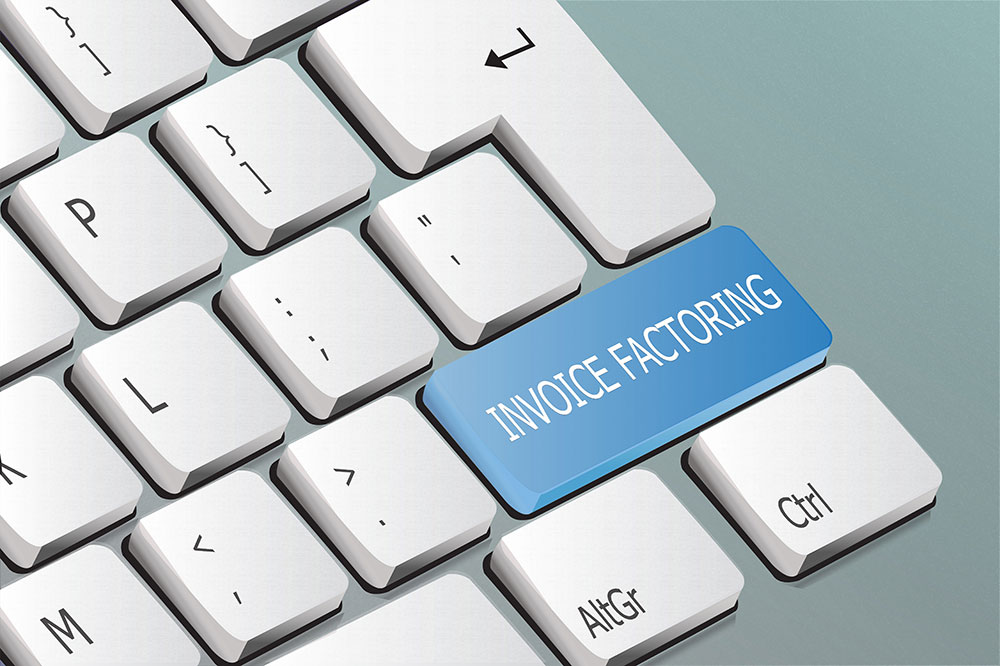Learn how invoice factoring and reverse factoring can benefit your business.

It’s not easy to find a funding source for a business, most especially if you have limited options. Traditional means like bank business loans would require perfect credit standing; this usually poses a big challenge for many entrepreneurs. One of the best ways to find business funding is by factoring your invoices.
Learn more about how invoice factoring and reverse factoring can benefit your business by reading on below.
What Is Invoice Factoring?
This financial product is also called ‘debt factoring’ or ‘factoring,’ enabling businesses to sell accounts receivables or unpaid invoices to a factor (a third-party factoring company). The factor buys the unpaid invoices for a certain percentage of the total value and is responsible for collecting the invoice payments.
Benefits Of Invoice Factoring
- Easier To Get Funding
Invoice factoring is easier to avail as compared to other financing options. The main requirement is to account receivables or invoices payable by your creditworthy customers. Of course, your business shouldn’t have legal problems and free of liens or encumbrances.
- No More Waiting Period To Get Paid
One example of factoring is freight bill factoring wherein rather than waiting for a month or two for a load to be paid out, the factoring company will convert your accounts receivable into cash. Freight companies can go about their business as usual without waiting because the freight factoring company does all the waiting.
Here are the advantages of no payment waiting period because of freight bill factoring for small freight companies:
- Small freight companies get paid immediately without delays.
- Business operation is more seamless and straightforward without back lag on accounts receivables.
- Ensure a smooth flow of all freight transactions because of smooth cash flow.
- Small freight companies are able to cover their expenses with weekly and monthly budgeting strictly followed based on cash flow.
- Avoid incurred debt because money is readily available.
- No Equity
Equity isn’t needed in invoice factoring. This means that you don’t surrender any portion of your company or giving someone control over your business. With factoring your invoice, the relationship is time-based. Once the contract is finished, everything is closed, unless the contract is renewed.
- No Other Collateral Required
With invoice factoring, no additional collateral is needed. Most conventional solutions, including loans and lines of credit, require substantial collateral, like assets (e.g., real estate, inventory, or equipment). You only need to present your unpaid invoices, which serve as collateral for invoice factoring.
- Be Able To Offer Flexible Payment Terms
Invoice factoring helps you offer flexible payment terms to give you more opportunities to earn more clients. Providing payment terms without negative financial consequences is possible, and you can even help your customers manage their credit.
- Helps In Supply Chain Reclassification And Debt Transparency
There are accounting loopholes in businesses, wherein sources of assets and liabilities, like debts, are incorrectly perceived. Incorrect tagging of debts versus profits may lead to default obligations, leading to possible bankruptcy. Reverse factoring can be why rating agencies adjust credit metrics to reflect a company’s obligations correctly.
Here are the benefits of reverse factoring:
-
- Reverse factoring is also called supply chain financing, wherein a finance company or a bank commits to pay the invoices of a company at an increased price in exchange for a fair discount. In short, it’s a funding solution initiated by the ordering party, helping a supplier finance a company’s receivables easily.
- Reverse factoring can help by finding a great way to classify supply chain, financing correctly as debt, and keeping it separated from bank debt.
- Rating agencies feel more comfortable with the way businesses operate, such as construction companies. It promotes transparency because your business shows your bank debt and supply chain debt.
- Supply chain financing or reverse factoring ensures that all aspects of the manufacturing process stay synchronized. It prevents delay in the production that can impact the final sale of the product or loss of sales. Because the supplier receives the payment ahead of time, it can deliver its portion of the chain more efficiently.
Conclusion
Factoring your invoices is a great business funding solution to get money to cover your day-to-day expenses easily. It enables you to offer flexible payment terms to your clients, promotes transparency, and reclassify your supply chain for improved production.
With invoice factoring and reverse factoring, there’s no need to give up your equity or take your assets as collateral. It gives you assurance and peace of mind that you get paid right away so that you can proceed with business operations without delays.

Bruce Bell
Bruce Bell is a full-time blogger who has gained loyal readers through the years because of his ability to write informative, and fun pieces. Bruce regularly updates his blog with new content every week, and occasionally partners with other websites, as well.

